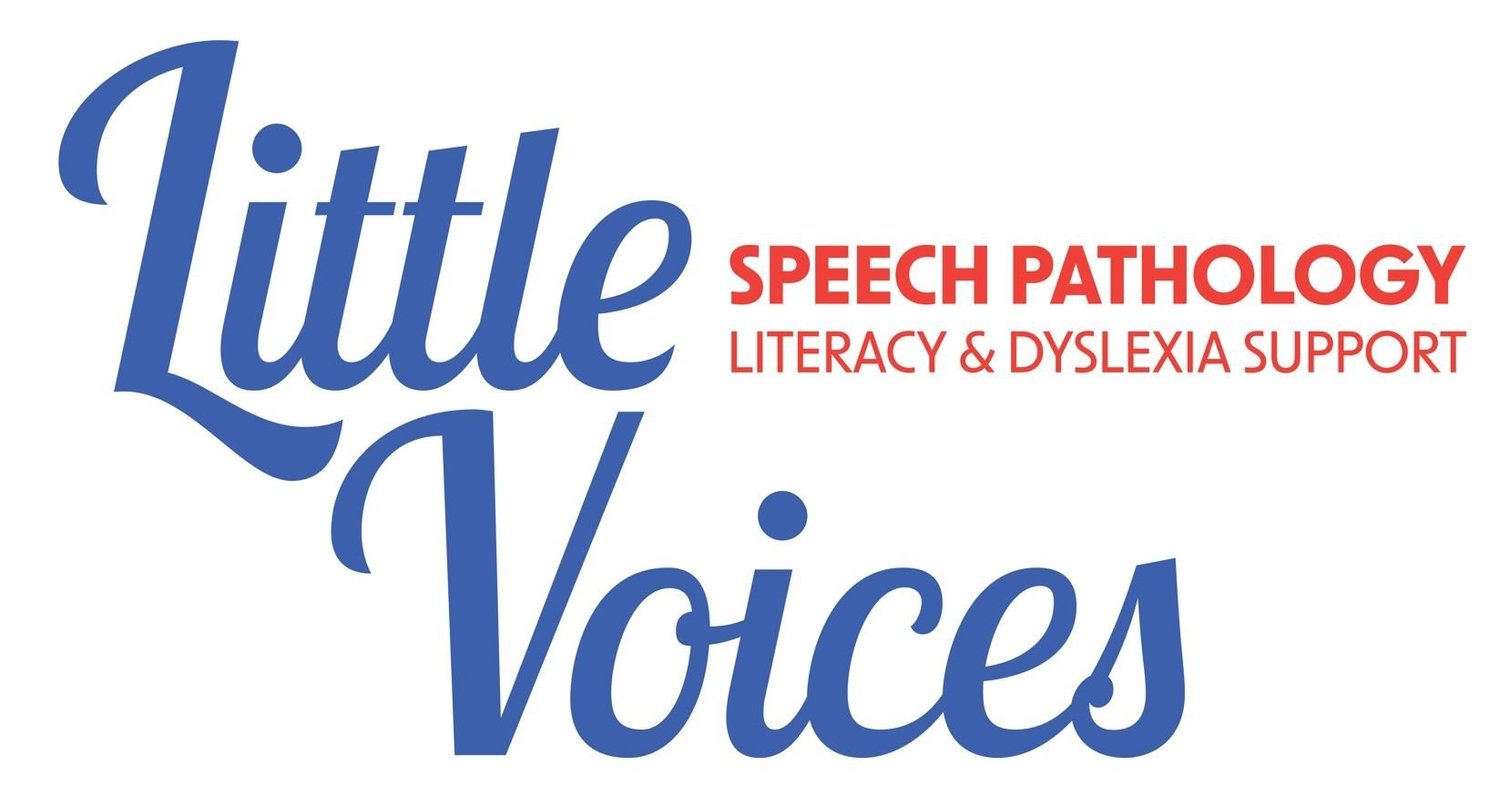Dyslexia: The Importance of Early Identification
Dyslexia is a learning disorder that affects language processing skills, making it difficult for individuals to learn to read, write, and spell accurately. This blog post will delve into the significance of early identification and support for dyslexia, and discuss the considerable impact it can have on the lives of young people with dyslexia.
So often when I begin working with a student with dyslexia in the upper years of primary school or later, much of our initial work is around building up their self-worth, and helping to change the way they view themselves as learners. Many times, older children with a later diagnosis view themselves as “dumb” or failures, as they’ve never understood why they have so much trouble learning to read and write, and they have often disengaged with learning. It can be very difficult to help them re-engage and develop a positive self-image. Early identification can prevent this from happening.
On the flip side, when I’ve begun intervention with a student in foundation or grade one, they usually haven’t yet formed that negative opinion of themselves, and are still engaged in the learning process. I have a few current students on my caseload with dyslexia with whom I’ve been working for a number of years, since early primary school, and most of them are now reading at an age appropriate level. They understand how their dyslexia impacts them, and they are learning to advocate for themselves, which benefits them in later years of schooling. These children have a far more positive educational experience.
Early Identification: The Foundation for Success
Early identification of dyslexia creates a crucial foundation for successful learning. When educators, parents, and healthcare professionals are aware of the early indicators for dyslexia, such as difficulty with phonemic awareness, word recognition, and reading comprehension, dyslexia can be identified in time to put crucial intervention in place, and limit the emtional impact that learning difficulties can have. Identifying dyslexia at an early stage allows for specialised support which prevents subsequent difficulties with reading and writing from hindering a child's educational progress, and the impact to mental health that often follows.
Tailored Support and Interventions
Once dyslexia is identified, it is essential to provide targeted support and interventions tailored to the individual's needs. Assistive technologies can be used to support reading, writing, and spelling skills (stay tuned for a blog all about assistive technology in the hew year). Studies have shown that intensive interventions are most effective in foundation or grade one (N Gaab, 2017). Early support for dyslexia empowers individuals to develop strategies, give them the tools to support their reading and spelling, building their confidence in using accommodations, and enabling them to thrive academically and personally.
Enhanced Educational Outcomes
Early intervention for dyslexia fosters improved educational outcomes. With the right support, individuals with dyslexia can overcome challenges and optimise their learning potential. By introducing specific strategies and accommodations, such as extra time for exams and audio alternatives to written tasks, students can fully engage in their education, narrowing the achievement gap and unlocking their true potential.
Boosting Self-esteem and Emotional Well-being
The emotional impact of undiagnosed dyslexia can be devastating. Children with dyslexia often experience feelings of frustration, embarrassment, and low self-esteem caused by the difficulties they face in the classroom. Early identification and support can help address these emotional challenges. By providing comprehensive support, dyslexic individuals can develop a positive self-image and self-worth, understand their learning differences, gain a sense of belonging, and embrace their strengths, leading to improved emotional well-being.
Post-school Success
Early identification and effective support for dyslexia have a lasting impact on an individual's life beyond the classroom. Equipped with the necessary skills and strategies, dyslexic individuals can pursue higher education and career opportunities with confidence. Additionally, understanding and embracing their unique learning styles can empower them to explore alternative avenues where their strengths are celebrated.
So, in summary, early identification and support for dyslexia are paramount to ensuring individuals with dyslexia can reach their full potential. By recognising the signs early and providing specific interventions, we can equip dyslexic individuals with the necessary skills and strategies to succeed academically, emotionally, and beyond. How wonderful it would be if individuals with dyslexia were identified early, and could thrive and contribute their unique perspectives and talents to society.


